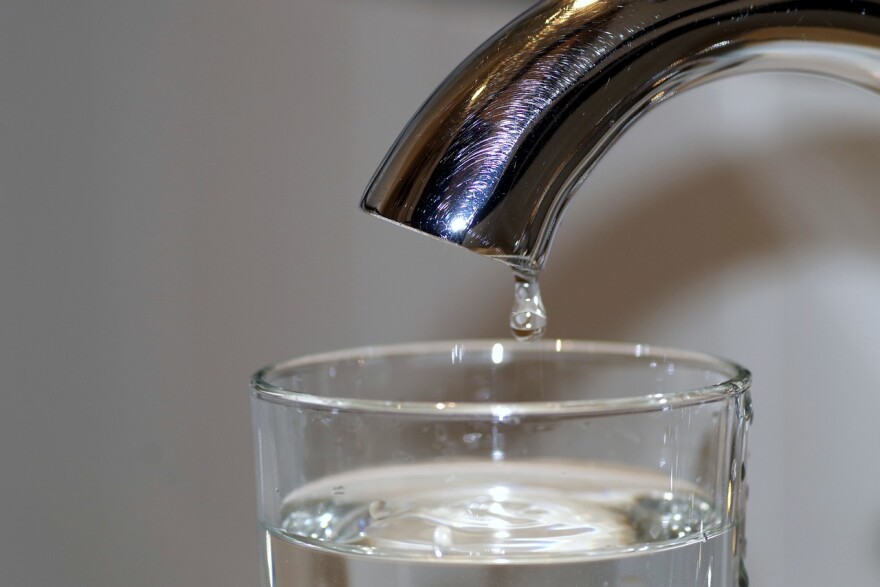The Lincoln County Health Department is seeing an increase in bacteria in drinking water.
It comes as the county is offering free testing to some of its low income residents that have private wells.
The Wisconsin DNR recommends private well owners get their water tested for bacteria and nitrate once a year.
According to the Wisconsin Department of Health Services, studies estimate that at least 10% of private wells in Wisconsin have high levels of nitrate.
Bacteria levels can fluctuate.
Lincoln County Environmental Health Technician Erin Ray says they’re seeing an increased rate in positive bacteria tests this year.
“The theory is that because of the drought last year, and then the heavy rains this year, the ground is just not able to filter the water as well, because it's moving more quickly. We're seeing that increase in bacteria,” said Ray.
The Lincoln County Health Department does in-house water testing for both contaminants.
It’s $20 for a bacteria test, $35 for a nitrate test, or $50 for both.
But Ray says those costs can keep people from knowing the health status of their water.
The county is using ARPA funds to cover the costs for low-income residents that qualify.
“We wanted to just increase the knowledge and awareness of annual testing and understand that maybe not everybody can afford to do the testing. With this grant money we wanted to provide access,” said Ray.
You do have to fill out a survey to see if you qualify. You can fill it out here. You can also call the health department at 715-539-1364.
Kits will be mailed or available for pick up. Ray says the turnaround is usually 48 hours.
Nitrate poses the greatest risk to pregnant women and infants. It can lead to Blue Baby Syndrome. It’s a condition where the blood isn’t able to obtain the oxygen it needs.
While most bacteria do not affect a person’s health, some bacteria can make us sick. These bacteria can cause flu-like illnesses, leading to diarrhea, nausea, vomiting, cramps, or fever.
If your water comes back positive for either contaminant, there are relatively low-cost treatment options available.
Ray says if there are elevated levels a nitrate, an undersink filter can improve water quality. For bacteria, chlorinating the well will likely clear it up. Ray says that’s some a homeowner or plumber can do.
The DNR also has some grants people can apply for to treat their water.



